Lithium-accu versus AGM voor campers: de strijd om de accu's
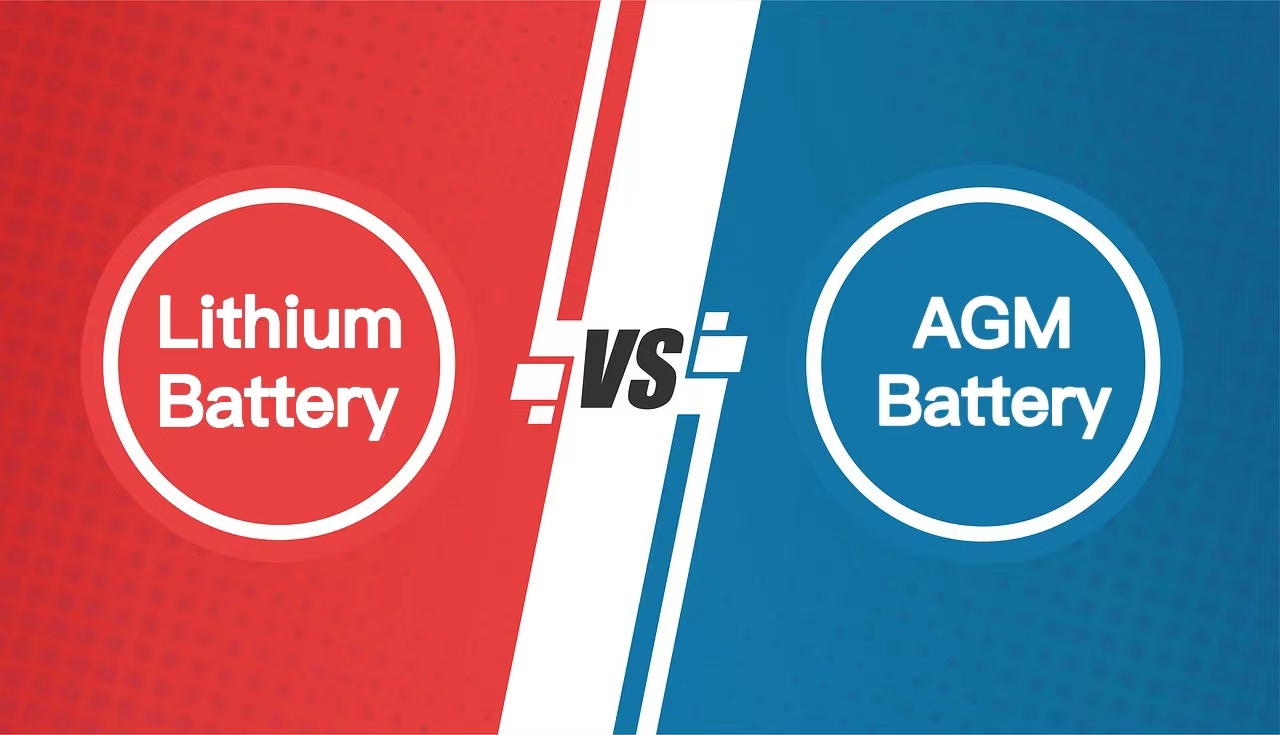
The debate between lithium batteries vs AGM is one that has been around for a while. With the emergence of new energy sources, this discussion has become even more heated. This article will help provide clarity on the differences between these two types of batteries and how they affect performance in various applications. As a top lithium battery manufacturer in china, I can assure you that after reading this article, you'll have a better sense of control over your decisions when it comes to choosing the right type of battery for your needs.
In order to understand why there are so many different opinions about lithium battery vs AGM, we must first take a look at what each type offers in terms of features and benefits. Lithium-ion batteries are known for their high power density and low self-discharge rate, making them ideal for portable electronics such as laptops and tablets.
On the other hand, AGM (Absorbed Glass Mat) batteries offer superior cycle life and deep discharge capabilities which make them suitable for applications like solar energy storage systems or marine/RV use where frequent discharging occurs.
Finally, let's look at some of the pros and cons associated with both lithium battery vs AGM options. While lithium-ion batteries tend to be lighter weight and smaller than AGMs, they also require additional safety measures due to their volatile chemistry while AGMs do not pose any fire risks but may need periodic maintenance due to sulfation buildup if left unused for long periods of time. Ultimately, deciding on which type is best suited depends entirely upon what kind of application you're looking for it in.
Definition Of Batteries
Batteries are essential for powering many of the modern devices we use in our daily lives. They come in a variety of shapes, sizes and technologies and can be used to power everything from electric cars to remote-controlled toys. To understand how batteries work, it's important to know their definition and description.
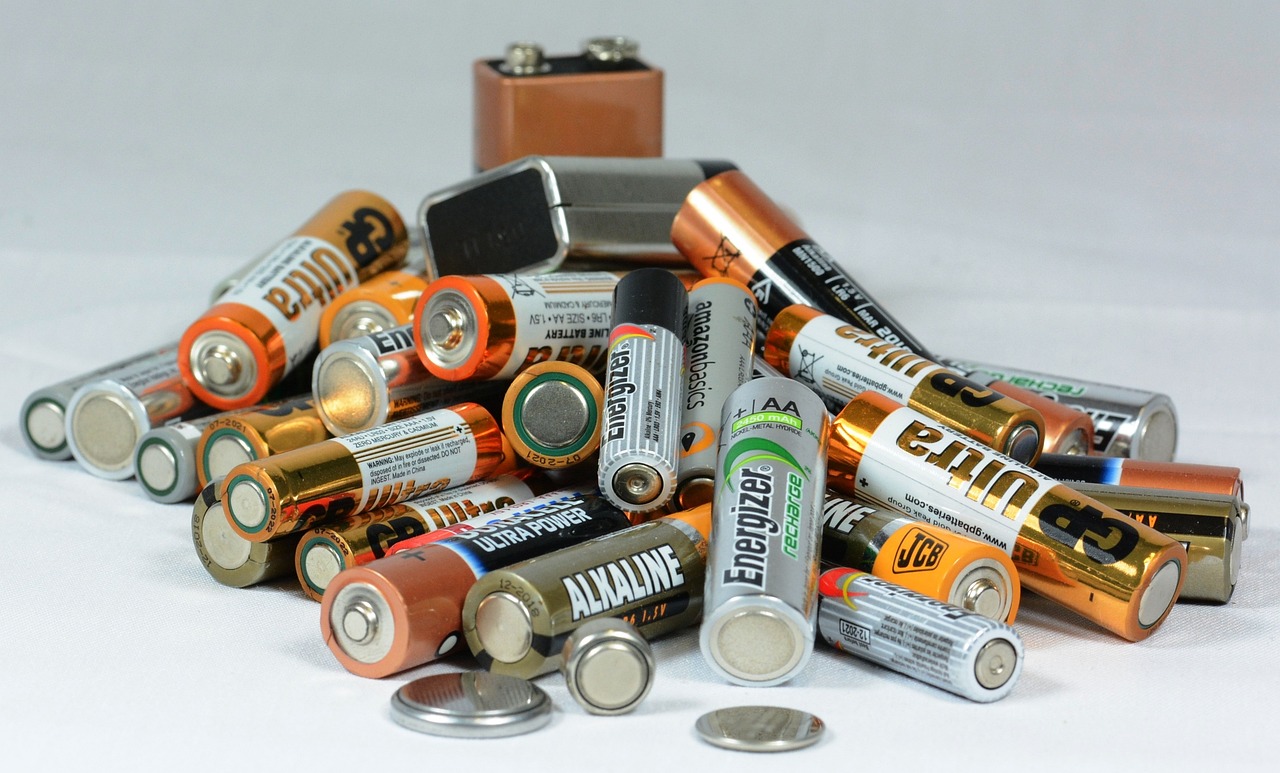
A battery is an electrochemical device that stores energy that can be released when needed as electrical current. It consists of two or more connected cells, each containing electrodes (anode/cathode) and electrolyte material between them. When these components are combined with an external circuit, electrons flow through the circuit, creating a charge. This is what powers your electronic devices.
There are different types of batteries available today including lithium-ion (Li-ion), nickel–metal hydride (NiMH), lead acid (AGM) and alkaline batteries. Each type has unique properties that make it suitable for certain applications such as long life cycles in automotive applications or high capacity for consumer electronics products like smartphones and tablets. The latest developments in battery technology have also made it possible to design custom solutions for specific requirements.
Benefits Of Lithium Battery
As discussed in the previous section, batteries are a common source of energy. Now let's take a look at why lithium batteries have become so popular. Specifically, we will analyze the advantages and benefits of lithium batteries over traditional AGM batteries.
Here are three key points to consider when examining these two types of batteries:
- Lithium Batteries Offer Higher Efficiency: Lithium has superior energy densities compared to AGM batteries, meaning that for any given size battery you get more usable power from lithium than an equivalent-sized AGM battery. This means higher efficiency and greater capability for powering electrical devices and tools.
- Longer Battery Life: Lithium also offers longer life cycles than AGM batteries—typically twice as long or more depending on usage patterns. Also, due to their higher energy density, lithium batteries tend to retain capacity better across multiple charge/discharge cycles than AGM models, making them ideal for applications where frequent charging is required.
- Cost Savings: All things considered, the cost savings associated with using lithium can be significant compared to similar performance levels offered by AGM batteries. While the initial cost is slightly higher than AGMs, users can realize additional savings by reducing the frequency of replacements, as lithium lasts much longer than comparable AGMs.
Overall, it’s easy to see why many people opt for lithium instead of other battery technologies like AGMs: they offer improved efficiency, longer life cycles and potentially lower overall costs without sacrificing performance or reliability. With this knowledge in mind, anyone looking for reliable portable power should seriously consider investing in a quality brand of lithium battery!
Learn More Top Questions About Lithium Batteries!
Performance Comparison
When it comes to battery performance, lithium and AGM batteries are both top contenders. Both types of batteries can provide reliable power for a range of needs, so let's take a closer look at how they stack up against each other in terms of performance comparison.
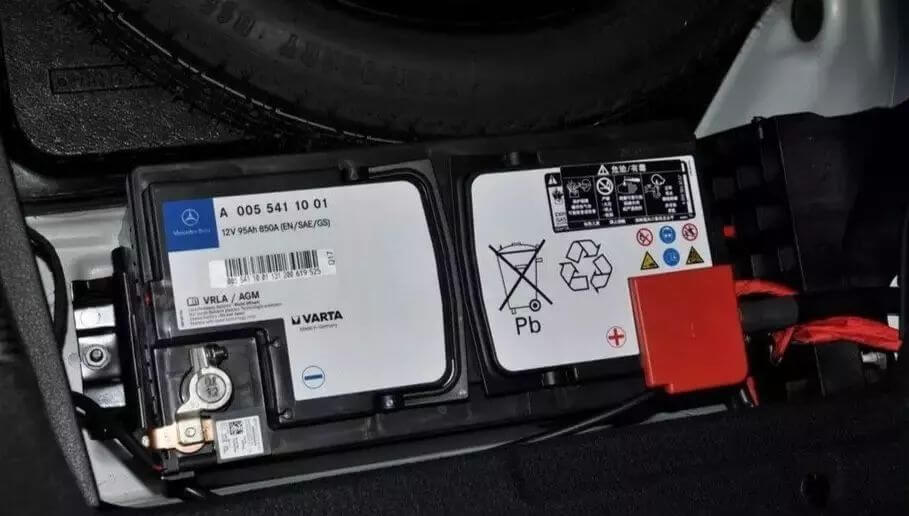
Starting with lithium performance, this type of battery is known for its long life cycle and fast recharge times. It also has the added benefit of having no memory effect, meaning that it can be recharged multiple times without losing any capacity. On the downside, lithium batteries tend to cost more than AGM ones due to their higher energy density.
AGM batteries have an advantage when it comes to price point; they're often cheaper than lithium versions while still offering good-quality power output. However, they don't have as many charge cycles or as fast recharge rates as their counterpart. Additionally, they do suffer from the memory effect which reduces the overall lifespan of the battery over time if not managed correctly.
Both lithium and AGM batteries offer great value and dependable power solutions but depending on your specific needs one option may suit you better than the other. Ultimately it’s important to weigh up all factors before making a decision about which kind of power source to go for.
Cost Comparison
Are you curious about the cost comparison between a lithium battery and an AGM battery? It's an important factor to consider when choosing the right power solution for your needs. Let’s take a look at how the two stack up in terms of price.

Lithium batteries are more expensive upfront than their AGM counterparts - but they last longer, making them ultimately more economical. The average cost of a lithium battery is around $400-$1000 depending on its size, whereas AGMs tend to be cheaper ranging from $100-$500. When it comes to replacement costs, however, lithium batteries win out again since they generally don't need replacing as often or ever due to their longevity.
On the other hand, if budget is your main priority, then an AGM battery could be the way to go. They are usually much less expensive than lithium models both initially and over time due to needing frequent replacements. However, this does come with some downsides such as reduced performance levels and shorter lifespans compared to lithium batteries.
When weighing up lithium vs AGM battery costs, it really comes down to personal preference and what matters most: initial investment or ongoing expenses. Lithium batteries may have higher upfront prices but offer better value-for-money long-term; conversely, AGMs require fewer investments yet may not deliver optimal performance or lifespan.
Discharge Cycle Comparison
Having compared the cost between lithium and AGM batteries, let's now discuss the differences in their discharge cycles. Lithium battery discharge is more efficient than that of an AGM battery. This means you'll get more voltage out of a lithium battery before it needs to be recharged. When comparing cycle life, lithium batteries tend to last longer than an AGM battery at both partial and full discharges.
The discharge rate comparison between lithium and AGM batteries reveals another advantage for lithium - they can handle deep cycling better with less damage or loss of capacity over time. Furthermore, when it comes to fast charge times, lithium will generally outperform an AGM battery as well.
In summary, lithium batteries have higher efficiencies and stronger discharging abilities than their AGM counterparts; yet even so, each type of battery has its own strengths which make them suitable for different applications. It's important to consider your specific application requirements before deciding on one type of battery over the other.
Weight Considerations
Take for example the case of a motorist who needs to replace their vehicle's battery. Weight is one major factor in choosing the lithium battery and the AGM battery - and it can be critical for those with limited space or weight capacity.

Due to the difference in energy density, the weight of lithium batteries is significantly lower than that of AGM, usually only 1/3 of the latter.
When considering weight comparison between lithium and AGM batteries, environmental factors such as temperature extremes should also be taken into account. Since lithium-ion cells require cooling systems that add considerable bulk, they may not always provide the lighter solution that many people expect them to possess over their acid counterparts.
On the flip side, AGMs have thick plates designed to handle extreme temperatures better than lithiums, but this adds even more mass onto an already bulky product; meaning that it won't necessarily provide a lightweight alternative either.
It's important for buyers to think about how both battery options could affect their overall load capacity before making any final decisions as there can sometimes be large discrepancies between battery weights from different lithium battery manufacturers. Ultimately, weighing all these components together will give drivers the peace of mind required for safe and efficient travel experiences on the road ahead!
Safety Considerations
When comparing lithium batteries to AGM batteries, safety considerations are of paramount importance. Both types of batteries offer reliable and safe power sources for a variety of applications; however, each type has its own distinct advantages and risks that must be considered when making the choice between them.
| Lithium Safety | AGM Safety | |
|---|---|---|
| Voltage | Low voltage capacity may cause premature discharge or overheating if overcharged. | Higher voltages can create higher levels of risk due to the potential for fire hazards. |
| Transport & Storage | Temperature sensitivity during transport and storage could lead to damage or failure. Must be stored in cool environments with appropriate ventilation. | Not as temperature-sensitive as lithium but still requires proper charging and storage conditions. Should not be exposed to extreme temperatures while being transported or stored. |
It is important to remember that both battery types require adequate care and maintenance to ensure their optimal performance and longevity, as well as proper protection against short circuits and other potentially hazardous situations. For example, it is essential to always charge your battery properly according to the manufacturer's instructions in order to avoid damaging it or putting yourself at risk of injury from an electrical shock.
Additionally, you should never leave either type of battery unattended while charging since this increases the chances of a fire or explosion occurring due to improper use or handling. In addition, both types need regular checking for signs of wear such as frayed wires, corrosion on terminals, etc., so they can be replaced promptly if necessary before any major problems occur from using aged components.
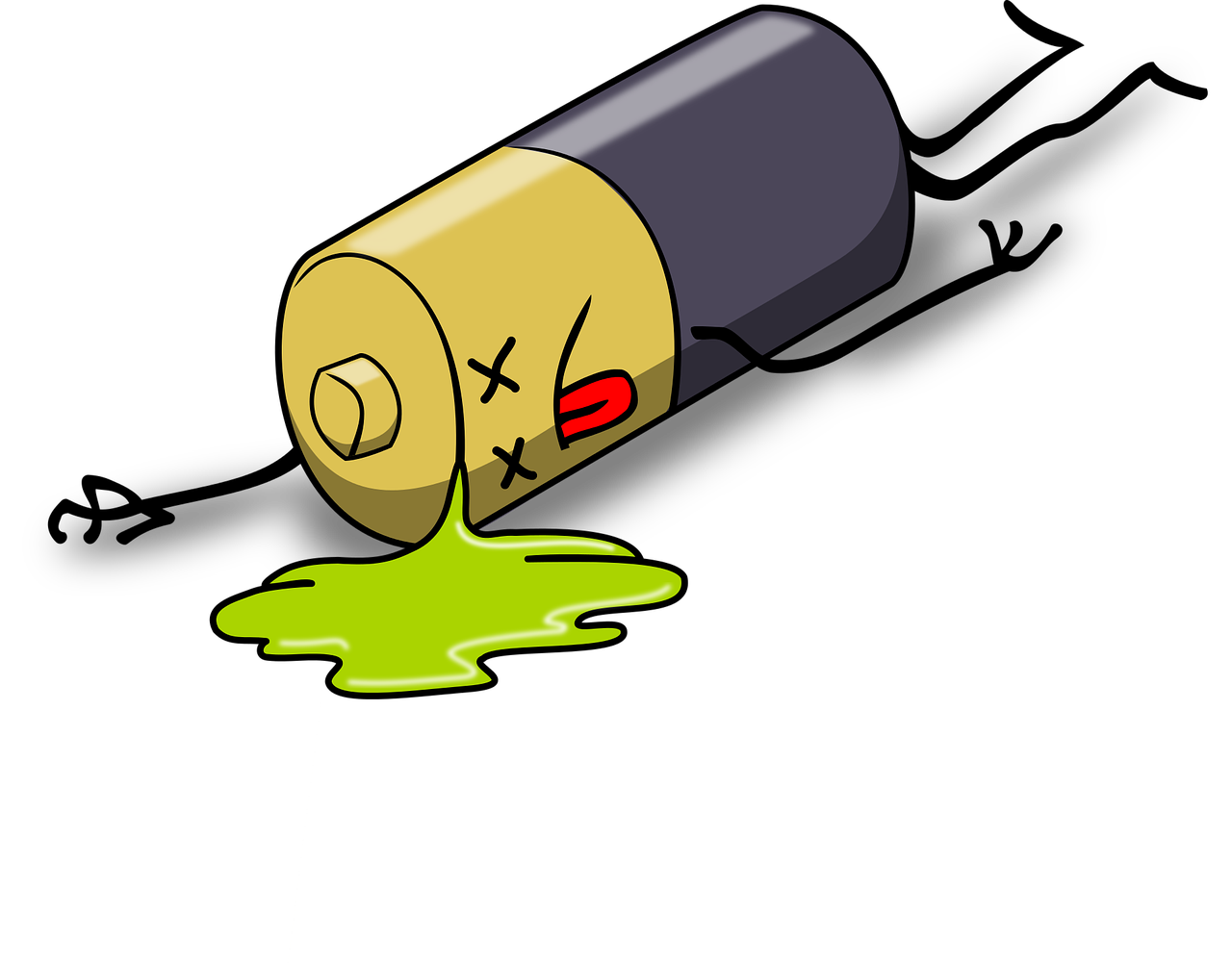
Finally, it is recommended that anyone transporting either lithium or AGM batteries take extra precautions by keeping containers sealed appropriately and avoiding contact with combustible materials along the way - especially if traveling across state lines where additional regulations apply regarding transportation requirements for these kinds of items. Adhering strictly to all applicable laws will help you protect yourself from unnecessary danger without compromising on quality power availability wherever needed most!
Storage Requirements
Lithium and AGM batteries each have their own specific requirements for storage. It's important to consider these when selecting the right battery for your needs.
The primary difference between lithium and AGM batteries in terms of storage is capacity; specifically, how much energy they can hold over time. Lithium batteries generally have a greater capacity than AGM batteries due to their chemical structure. This means that if you need to store large amounts of power for long periods, then a lithium battery may be the better choice as it will retain more charge over time.
Temperature also plays an important role in determining the lifespan of both types of batteries during storage. In general, lithium batteries are more tolerant to extreme temperatures than AGMs and require less protection from the elements while being stored. However, any kind of prolonged exposure to heat or cold should still be avoided with either type of battery as this can lead to decreased performance and shortened shelf life.
As far as location goes, both types of batteries should ideally be stored in dry environments away from direct sunlight or other sources of heat/cold such as air conditioners or heating units. Additionally, because different locations present different levels of risk (such as moisture or dust), it’s essential to find a safe spot that offers enough ventilation but doesn't leave them open to too many external factors - like windy balconies or attics with no insulation lining walls. All in all, proper planning ahead will help ensure that your chosen battery stays within acceptable parameters throughout its entire period of storage.
Environmental Impact Analysis
Having discussed the storage requirements for lithium batteries and AGM (Absorbed Glass Mat) batteries, let's now evaluate their environmental impact. As a lithium battery vs AGM expert, I can confidently say that both types of batteries have some degree of negative effect on the environment - from pollution to sustainability issues.

When it comes to pollution, lithium batteries are relatively safe in comparison with other rechargeable battery technologies. They produce fewer emissions when charging or discharging than nickel-based or lead-acid batteries do. However, there is still potential for air and water contamination if proper safety protocols aren't followed during production and disposal processes.
AGM batteries also have an ecological footprint due to the materials used in their construction; these include lead, plastics, and sulfuric acid electrolytes. The manufacturing process itself produces hazardous byproducts such as hydrogen sulfide that must be safely removed before they reach the atmosphere. Furthermore, improper handling and disposal of spent AGM cells can contaminate groundwater sources with dangerous chemicals like lead and cadmium.
In terms of sustainability, neither type of battery scores particularly high marks:
(1) Lithium Batteries
Production & Disposal:
- Use rare earth metals which makes recycling difficult.
- Contain highly toxic substances so require specialized waste management facilities.
Performance & Durability:
- Longer lifespan than most competing products thanks to its deep cycle design.
- High cost associated with periodic replacements.
(2) AGM Batteries
Production & Disposal:
- The lead component requires special treatment prior to being recycled.
- Can be recycled but need access to authorized recyclers.
Performance & Durability:
- Have a short lifespan compared to other energy storage solutions.
- Low maintenance required over time means fewer wasted resources.
Clearly, both types of battery come with certain environmental implications that should not be overlooked. It is therefore important that consumers make informed decisions based on their specific power needs while taking into account any potential environmental impacts.
Applications For Lithium And AGM Batteries
The applications for lithium and AGM batteries are varied, ranging from marine to solar. Imagine the power of a reliable battery powering your sailboat across an expansive ocean or providing backup energy during a blackout; these scenarios demonstrate just how potent both types of battery can be when used correctly.
Lithium batteries have become increasingly popular among marine enthusiasts due to their smaller size, lower weight and longer service life. They offer more amp-hours than AGM batteries at comparable sizes, making them ideal for those who want to reduce storage volume while increasing capacity. In addition to marine use, these lightweight and powerful batteries are suitable for recreational vehicles (RV), camping equipment, or any other off-grid application that requires frequent charging cycles and long runtimes between charges.
AGM batteries also have their place in many settings because they’re highly resistant to extreme temperatures and vibrations. This makes them well suited for use in harsh climates such as deserts where intense heat is common. Further, their ability to tolerate deep discharging makes them a great choice for solar applications requiring high performance even after multiple charge/discharge cycles over time. These attributes make AGM batteries the go-to option for renewable energy systems such as wind turbines or microgrids with distributed power sources like photovoltaic cells.
Whether you need dependable power on land or sea, lithium or AGM batteries could fit the bill depending on your specific needs. Both options come with advantages that must be weighed against each other before deciding which type is right for you - but either way, you'll get the reliability you're looking for!
Charging Possibilities

When it comes to charging, both lithium batteries and AGM batteries offer a variety of options. For those looking for fast-charging capabilities, lithium batteries are the way to go. They can be charged in as little as half an hour, depending on the size and type of battery. On the other hand, AGM batteries take longer to charge than their lithium counterparts but still provide reliable results.
For those interested in solar charging, both types of batteries have great potential. Lithium technology has proven itself to be one of the most efficient ways to store energy from sunlight and can help reduce reliance on traditional sources such as coal or oil. AGM batteries also work well with solar panels and can power devices for long periods of time when used correctly.
Wireless charging is another option available with both kinds of battery systems. This method allows users to simply place their device onto a mat or stand that provides wireless energy transfer without having to plug into a wall outlet or use cables. Furthermore, alternative methods like induction coils may soon become more widespread and allow even faster recharges using these two types of technologies.
Overall, choosing between lithium and AGM will largely come down to personal preference depending on your needs however there’s no denying that each system offers plenty of convenient charging possibilities regardless of which you choose!
Maintenance Recommendations
Now that we've discussed all the charging possibilities for both lithium and AGM batteries, it's time to dive into what maintenance recommendations should be taken when caring for these two power sources. Preventive maintenance is key when it comes to preserving your valuable energy source.
When considering lithium-battery maintenance, there are several tips to keep in mind. Firstly, always make sure you store the battery correctly - this means avoiding extreme heat or cold temperatures which can cause damage. Secondly, check its fluid levels regularly and top up if needed. Finally, never leave the battery unattended while charging as this could present a fire hazard. Following these simple steps will ensure your lithium battery performs efficiently over its lifetime.

The same rules apply when looking at AGM-battery-maintenance guidelines; however, they come with some additional reminders due to their sealed design. For example, avoid deep discharge cycles and fully charge them every month even if they're not being used regularly. Additionally, make sure you clean any terminals or connectors on occasion using a damp cloth and baking soda solution in order to remove corrosion which could impact the performance of your AGM battery negatively. Adhering to these extra precautions in addition to general lithium maintenance tips will help you maintain an optimal level of power for longer periods of time from your AGM battery compared to other types of batteries.
For those who take proper care of their batteries by following basic battery care recommendations outlined here today, it'll pay off handsomely down the road! Not only does taking preventative measures extend the life expectancy of your energy source but also provides peace of mind knowing you’ve done everything possible within reason to enjoy reliable performance regardless if you have either type of rechargeable battery powering your device or machine.
Troubleshooting Tips
When it comes to lithium batteries versus AGM batteries, troubleshooting tips are the key to resolving issues. Knowing what diagnostic tools to use and how to approach problem resolution can make all the difference. Here is a helpful table outlining some common battery issues and potential solutions:
| Battery IssueTroubleshooting Tips | |
|---|---|
| Low Voltage Output | Check for loose connections or corroded parts. Replace if necessary. |
| Overheating Issues | Inspect the wiring harnesses that connect to the battery terminals. Look for any signs of damage or wear and tear. If detected, replace immediately. |
| Slow Charge Rate | Clean corrosion from terminal ends with baking soda, water solution and a brush. Ensure all cables are securely connected and in good condition. |
| Poor Performance at High Temperatures | Make sure your battery is correctly rated for high-temperature environments. Consider an appropriate cooling fan installation if needed. |
With these troubleshooting tips on hand, you'll be better equipped to handle most typical battery problems quickly and effectively - giving you peace of mind knowing that your lithium or AGM battery will continue running smoothly no matter what conditions come it's way!
Future Prospects
We’ve come a long way in our exploration of lithium batteries vs AGMs, and what the future holds. Let's take a look at some trends that will likely impact both rechargeable markets as well as energy storage systems in the coming years.
The first trend is one of increased investment into research and development for lithium-air batteries these are advanced types of lithium ion cells that offer more capacity per weight than any other battery technology on the market today. This could be a game changer for those who require high performance from their batteries but need to keep them light enough to transport them easily. Additionally, this type of cell may become popular with electric vehicles due to its ability to store greater amounts of energy in less space.
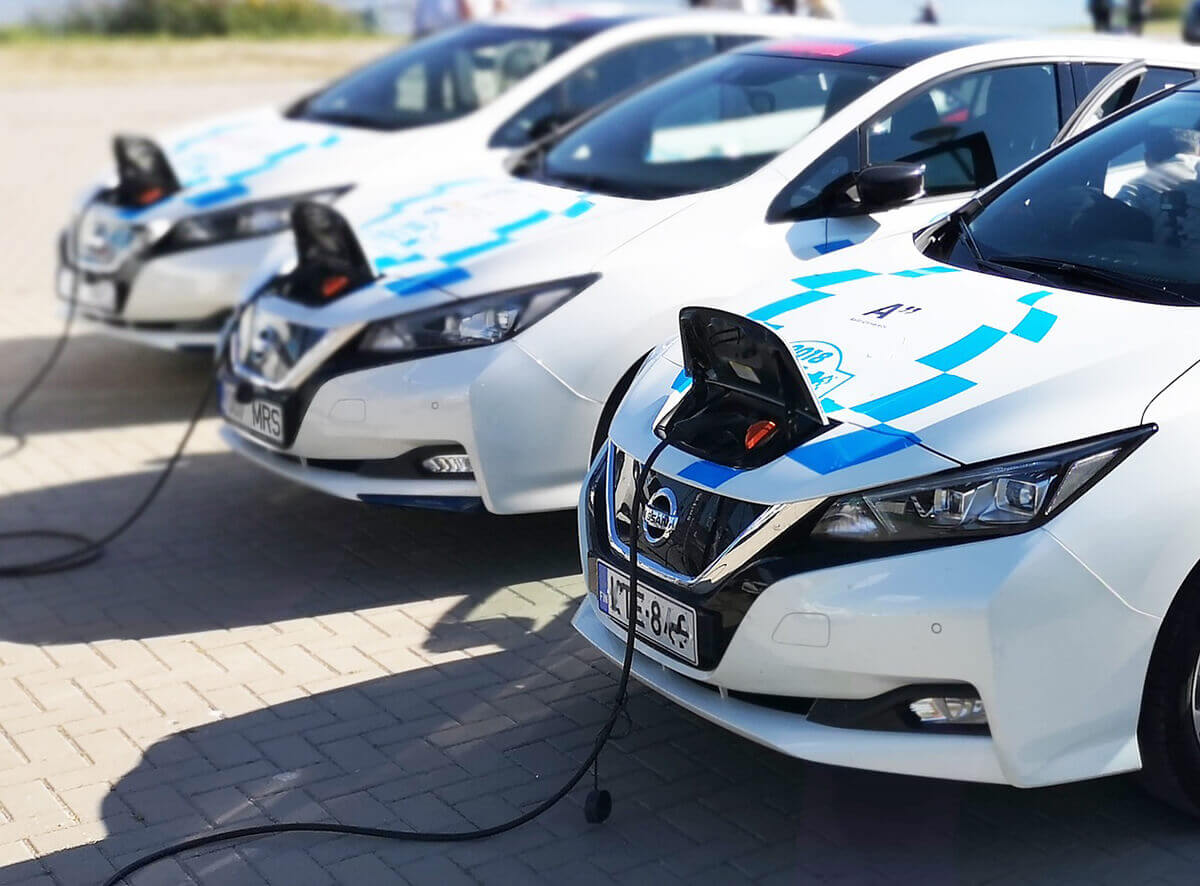
A second trend worth noting is the projected rise in the popularity of AGM batteries in the commercial sector. As businesses continue to invest heavily in renewable energy sources such as solar and wind power, they'll need reliable ways to store it making AGM batteries an attractive option thanks to their low cost, straightforward maintenance requirements, and durability. We can also expect companies to start investing more money into developing new technologies that enable longer runtimes or higher capacities with existing AGM designs.
These two trends point towards exciting times ahead when it comes to battery technology, offering consumers better choices when picking out products for their home or business needs. With more options on the table and continued advancements being made each day, we have no doubt that rechargeable markets and energy storage systems alike will benefit greatly from the influx of new ideas over time!
Conclusion
In general, lithium batteries are great if you need a reliable energy source that's lightweight yet powerful. AGM batteries offer more durability, but they require regular maintenance and have a higher price tag than their lithium counterparts.
In the end, it doesn't matter which type of battery you decide is best for your needs. Remember: no matter which battery you choose, proper care and maintenance are always essential to ensure optimal performance over time!
